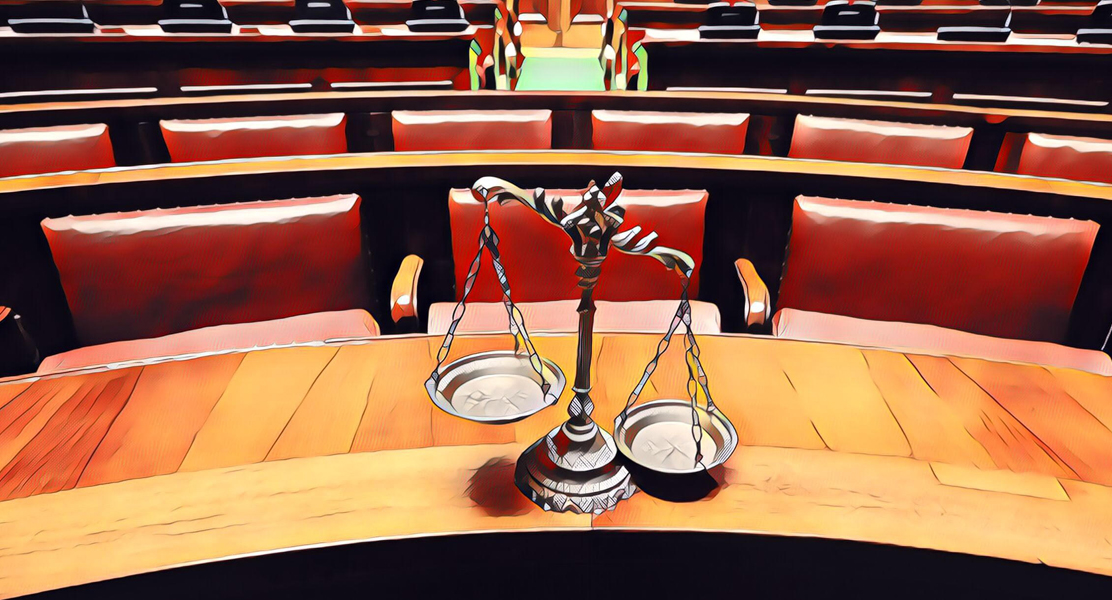Appeals court upholds exclusion of nontheists in Pennsylvania House prayer policy

Does the First Amendment require that non-theists have the same opportunity as theists to serve as guest chaplains? The 3rd U.S. Circuit Court of Appeals has ruled the Pennsylvania House’s policy of barring non-theists from delivering opening invocations is lawful, overturning a trial court, which found it unconstitutional. In a 2-1 decision, the appeals panel held that “only theistic prayer can satisfy the historical purpose of appealing for divine guidance in lawmaking…”
Plaintiffs in the case claim the policy amounts to an official government preference for theists over non-theists in violation of the Establishment Clause. A trial court last year agreed, finding that “nontheistic invocations are equally capable of satisfying [the] lofty objectives” of legislative prayer. That court also ruled that the practice of encouraging the gallery to stand during the prayer amounted to unconstitutional coercion.
The appeals court, however, which used the U.S. Supreme Court’s ruling in Town of Greece v. Galloway as its guide, found that “only theistic prayer can satisfy all the purposes of legislative prayer.” In Town of Greece, the Supreme Court upheld a legislative prayer practice by emphasizing the long history of the practice in Congress dating back to the Founders. Here, the 3rd Circuit cited that opinion as evidence for its conclusion that prayer presumes a higher power.
[T]he notion that prayer is definitionally theistic suffuses the opinions in Town of Greece. The majority opinion described prayer as a chance to “show respect for the divine,” and to “address [one’s] own God or gods.” Prayer is an “acknowledgment[] of the divine,” or of “belief in a higher power.” It is a “reference to the sacred,” or, more simply, it is “religious worship.”
Importantly, the appeals panel recognized two additional principles: first, “a legislative body is free to open its sessions with secular invocations.” The First Amendment, in other words, does not prohibit non-theist prayer to open government meetings; it just does not require their inclusion, according to the court. Second, nothing about the decision, they warned, supports a policy that would exclude certain theists.
In dissent, Judge Restrepo replied to the historical argument:
[T]he majority, in my view, paints with too broad a brush in framing the question with respect to whether the Pennsylvania House’s guest-chaplain policy fits within the tradition of legislative prayer that has long been followed in Congress and the state legislatures. The defining characteristic of the Pennsylvania House’s policy is that it purposefully excludes adherents of Plaintiffs’ religions and persons who hold Plaintiffs’ religious beliefs from serving as guest chaplains, but the majority’s formulation of the key inquiry in this case omits any reference to such purposeful exclusion. Purposeful exclusion of adherents of certain religions or persons who hold certain religious beliefs has never been countenanced in the history of legislative prayer in the United States, and, therefore, viewed in the proper context, the Pennsylvania House’s guest-chaplain policy does not fit “within the tradition long followed in Congress and the state legislatures” because it purposefully excludes persons from serving as guest chaplains solely on the basis of their religions and religious beliefs.
You can read the entire opinion here.
For reference, earlier this year, a panel of the 11th Circuit found unconstitutional the policy of Florida’s Brevard County, which excluded atheists from delivering opening invocations at Board of Commissioners meetings. See my previous post for more on that decision.




